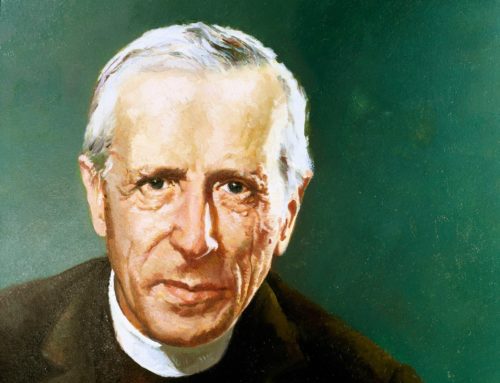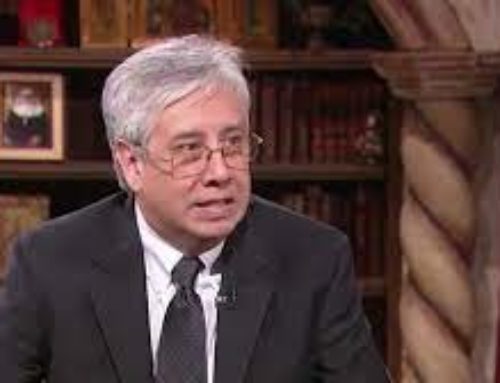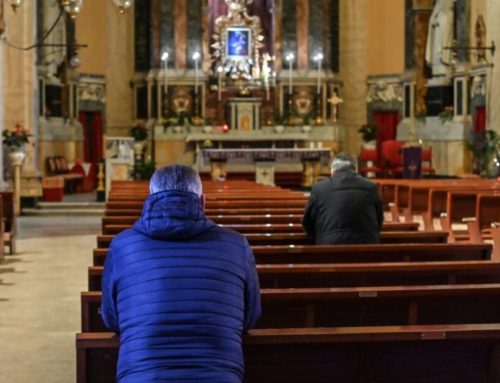Anne Lastman

For the past 24 years, I have worked with thousands of grievers. I have sat with post abortive men and women, both young and old. I have listened to the most anguished sighs and flow of tears. I have wiped faces and eyes and noses as abortive women showed inconsolable grief. I have listened to, spoken at conferences, meetings, groups, and written about this grief and these grievers who came believing that they are the most wicked of humans and undeserving of life but still holding out a hand with a hope that they would hear words which would speak to them of goodness and life.
In these many years I have made it my work to understand the grieving process especially of the kind which follows abortion. In these years I have counselled for other grief and loss issues which a human can experience. The one constant has been the belief that grief when there is a loss is inherent, deeply written within the human being and this not by a culture or a people but universal response to important loss, and have in this time learned that though grief and loss are universal each individual must walk his or her own journey, whilst sharing common behaviours and rituals.
A short history of grief would see its genesis and expression in a “garden” an indeterminate eon ago. A loss, shame, a regret at what might have been. A hiding from shame because of an action done and then regretted. So, loss followed by grief were imprinted into the psychology of the human being “at the beginning” and through human history, development and progression, grief has accompanied them as a shadow, an interloper.
Throughout history grief emerged to express a pain whenever a pain has been present in life. Throughout time with its many many deviations from “what might have been” the human being has been presented with a pain when a loss or wrongdoing has been done and acknowledged, then pain has followed and with grief close by.
Throughout time, right from the very beginning, because of wrongdoing and its attendant pain, grief has been a constant shadow of a life which should have been idyllic but as history has shown, the idyll has long been lost.
Travelling throughout history this interloper into the idyllic has shown its presence in life. Wars, culture wars, murder (introduced in the original idyll), rejections, violence, hatreds, and all manners of behaviours which caused pain then followed by grief.
As a way of reducing history (on paper) this past century has witnessed a return of such violence causing grief in unprecedented measure. It has witnessed two major wars and hundreds of civil and localized wars, with the loss of millions of human beings, a concerted rejection of small human beings and our future via abortion in billions, medical discoveries which have been both beneficial and not so beneficial e.g. ultrasound invented to assist infants in womb used for gender selection and abortion if infant found to be “not perfect.” A disrespect for the dignity of the human being, a rejection of our creator God, and the “God is dead” mantra (German philosopher Nietzsche) euthanasia, starvation by the millions, and of course plagues which decimated many many millions more.
Indeed, just in one century the losses and attendant grief have permeated society to such a degree that the late St John Paul II coined the term “a culture of death.” wars, abortions, euthanasia, plagues, indeed we are in the midst of a pandemic now. An unexpected unwelcome visitor which has caused losses in dimensions not experienced by those living in this day. Coronavirus 19, an intruder into life and will leave behind the story of many millions who have been infected and hundreds of thousands, perhaps even millions of dead. This virus which has demanded “isolation,” “lockdown” “self-isolation” “social distancing” “hibernation” “border closures” closure of churches and places of worship, gatherings of not more than 2 individuals together, and a virus which has a language of its (eponymous) own.
The 20th century has seen populations decimated via pandemics which have visited society and changed the way of life. COVID 19 when it leaves will leave a sign of its own visit.
Perhaps what this virus has introduced and most palpably visible has been a global fear. A fear which has paralyzed employment, family life, social life, worship life, economic life. A fear which has shut down access of families, to one another, even for comfort.
Fear is a primitive emotion embedded into our psyche as a way of alerting to danger. An alarm mechanism which warns of danger. This is the need for “fear” and needed, but the fear permeating society right now is a fear never experienced or seen before by the population in existence right now. It’s a fear which in such a short time has demolished way of life creating such losses as never seen before. Fear, losses, grief for a life that was. A grief which leads to mourning like Rachel for her loss of future generations (Jer. 31:15). Grief which is experienced but not understood and expectations appended to this unknowing.
I’m suffering a great fear at the moment. Not a fear of Coronavirus but a fear of coming abortions as a result of “social isolation” I am fearful of the grief which is in the making. I’m fearful that at the other end of this virus a new road will be paved with more tears than ever before we began this isolation, and whilst I know that grief for loss of any kind is normal, and avoiding the pain forces it deep into the heart where it affects emotional and physical health, still that grief to come in the close future is already causing pain.
I’m fearful for the hard work which is in grief to come because it involves tears, depression, misery and a lifelong change. Many losses. And perhaps even the expectation that the grief will go away and be forgotten as time passes, but really it does not. It ameliorates but it never leaves. There really is never any closure. A word so wantonly used because grief has no door which can be closed. Grief, like love, leaves a mark of its visit and then decided to remain as a guest. At times quiet and at other times needing attention.
Those who grieve are changed forever. Grief, too, adds to the database of life, creating a growth which would have remained unknown had not the reason for the grief and the ensuing grief occurred. The event has taught a new teaching about life, loss and death. Its impact and importance in life to learn about pain, loss, love and temporariness. Grief has written within it many lessons including what is important and how to genuinely compassionate with another. It is one of those life lessons, like love, which has the intent of making us truly human and humane and truly loving and gentle like the Father who created us to be like Him.
Loss and grief beckon towards asking the higher questions. Demands that we see in a new way and to see the pain experienced in a larger context and indeed give the suffering a meaning so that it makes sense (Viktor Frankl) and not be defeated by it. Viewing this from above and in the bigger picture allows it to be bearable and gives it the meaning which seems it is devoid of and which has made the pain experienced a great enemy.
Those who are called to grieve may choose transcendence to unite their suffering with that of God, Jesus and others and not be alone on this road. The sharing of their pain leads to transformation of the sufferer. A new being emerges at the other end, like a society which emerges after a great tragedy like a pandemic. Still human but somehow changed. A new memory for future posterity is made. Perhaps we could say even like the scars of the nails on hands and feet are still there but the Resurrection transforms them into piercings of life and love. Resurrection after a global suffering, like a pandemic, also leave scars and they will also in time be seen as sufferings which brought a change when needed.
This reflection on grief and loss has emerged as a result of the present sufferings experienced globally by society as a result of an unexpected intruder, Coronavirus. An intruder that by the time it leaves will leave behind a new humanity. Nothing can be the same again. Just like a woman who has an abortion her life will never be the same again because an innocence has been lost. Just like a child who has been abused will never be the same again, so this virus cannot leave society the same as before. The experience will imprint itself into the memory of both the young and the older generations. So that in times of the future, they young ones, will speak of a time in distant past when a violent intruder broke into the life of their families and society and all things changed.
These future generations can speak of a time when they saw their parents grieve and weep for what they had lost, jobs, homes, friendships, money, freedoms, when the thing called “Coronavirus 19” appeared unexpectedly and caused so much pain.










